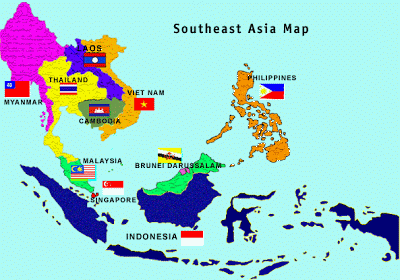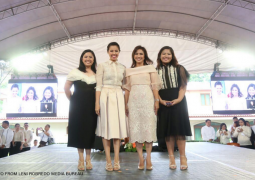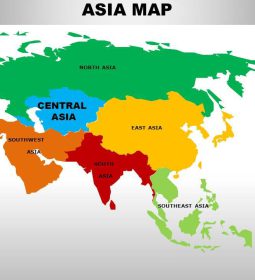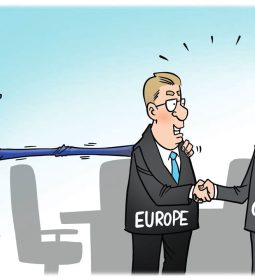Asean on course for national single window: Thai view

The 10 Asean member states plan to adopt the national single window system this year to facilitate regional customs payment and reduce trade barriers, says the Finance Ministry’s Fiscal Policy Office (FPO).
Building up connectivity among Asean countries is being discussed by senior Asean officials, with the national single window used for imports and exports, said FPO director Lavaron Sangsnit on the sidelines of the 23rd Asean Finance Ministers’ Meeting in Chiang Rai province.
The national single window will facilitate faster custom clearance procedures, which currently go through several organisations, said Mr Lavaron.
The combined value of Thailand’s imports and exports in Asean accounts for 25% of total shipments, higher than exports to Japan, Europe and the US, said the FPO.
Although eliminating trade barriers among Asean countries will take time, it is expected that trade procedures will be enhanced threefold once such barriers are reduced, said Mr Lavaron.
Every Asean country is ready to adopt the national single window system, with Thailand acting as mentor to develop the system, expected to be completed this year, he said.
At the meeting, Asean countries also pledged to create a standard QR code to facilitate regional transactions, said Mr Lavaron. The QR code will be used for pairing countries, such as Thailand and Cambodia or Thailand and Laos.
Whenever Thai banks collaborate with their Asean counterparts on QR code payment, every Thai bank can connect QR code transactions to regional banks because the back-end system of Thai banks is connected, he said.
The Bank of Thailand, meanwhile, expects fees for cross-border payments and regional fund transfers to decline significantly in the long run because of Asean financial collaboration, said governor Veerathai Santiprabhob.
Mr Veerathai said such transfers serve the needs of different customer segments, improving the efficiency of the regional financial system and facilitating business transactions and international trade.
Thailand’s central bank, in collaboration with regional central banks, commercial banks, non-bank finance companies and card network providers, has developed cross-border payment and fund transfer services incorporating innovative technologies. Such technologies include interoperable QR code, blockchain technology and application programming interface.
Transaction and foreign exchange fees vary depending on the transaction. The framework will encourage collaboration in local currency settlement, which should reduce foreign exchange costs.
On average, outbound cross-border fund transfers of US$500 are charged $36.40 per transaction.
Separately, the draft law facilitating mergers and acquisitions of specialised financial institutions is mainly designed for the merger of Second Mortgage Corporation (SMC) and GH Bank because SMC’s role in purchasing mortgages from commercial banks is similar to GH Bank’s role, said a Finance Ministry source.
About the author
- Writer: Wichit Chantanusornsiri and Somruedi Banchongduang
- Previous Goods from China start to be shipped by train to Europe: Luxembourg-Chengdu freight train route launched
- Next The Diplomat: Taiwan Vows ‘Forceful Expulsion’ of Chinese Fighters Flying in Taiwanese Airspace
















